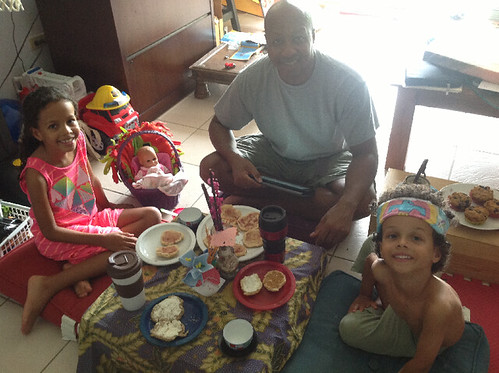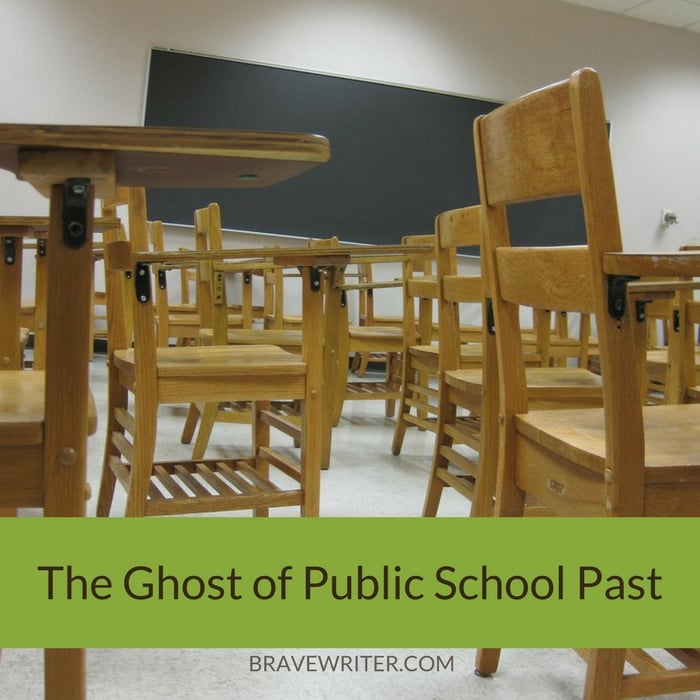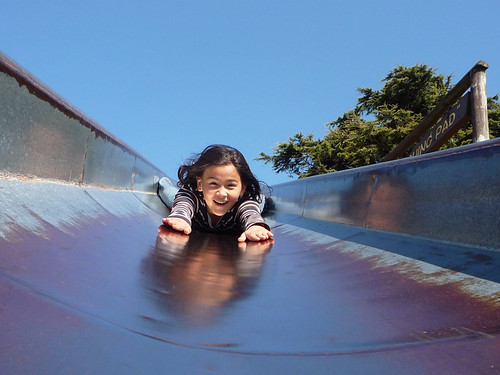I saw this idea of Poetry Tea time sometime in April this year and thought it was such a great idea. We started the very next Sunday morning and have been doing it ever since. It has become part of our Sunday morning where we all sit down together and eat, drink and read. My 5 year old son is particularly fond of it and would have one every day if he could. Although there was only one Sunday that we did not do it, he makes sure that we know that it is happening each week.
A fabulous idea and I have even told our book store manager friend of mine about this and he is thinking of how it may be incorporated into the bookstore too!!
Thanks for the great idea…
Annie!






















